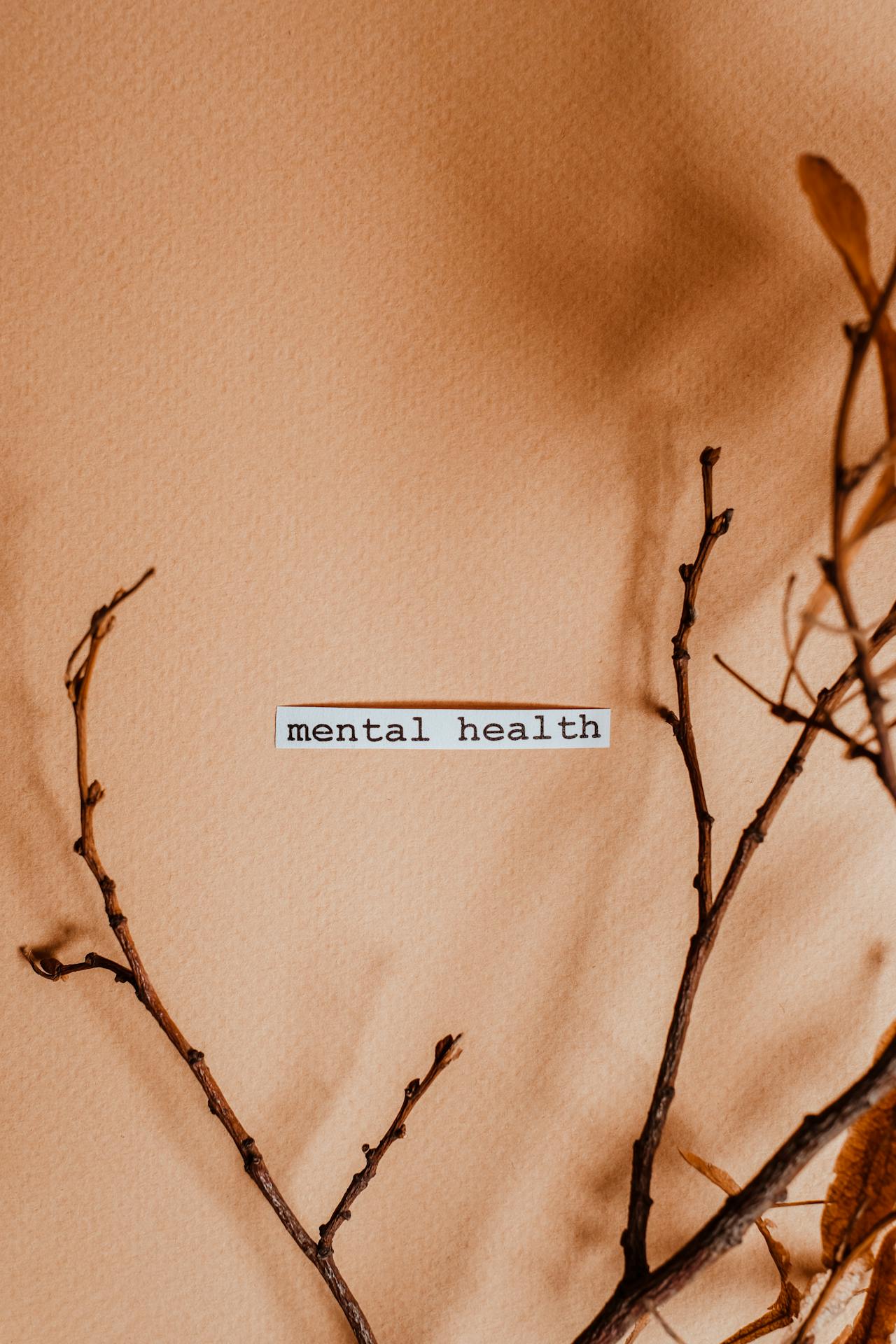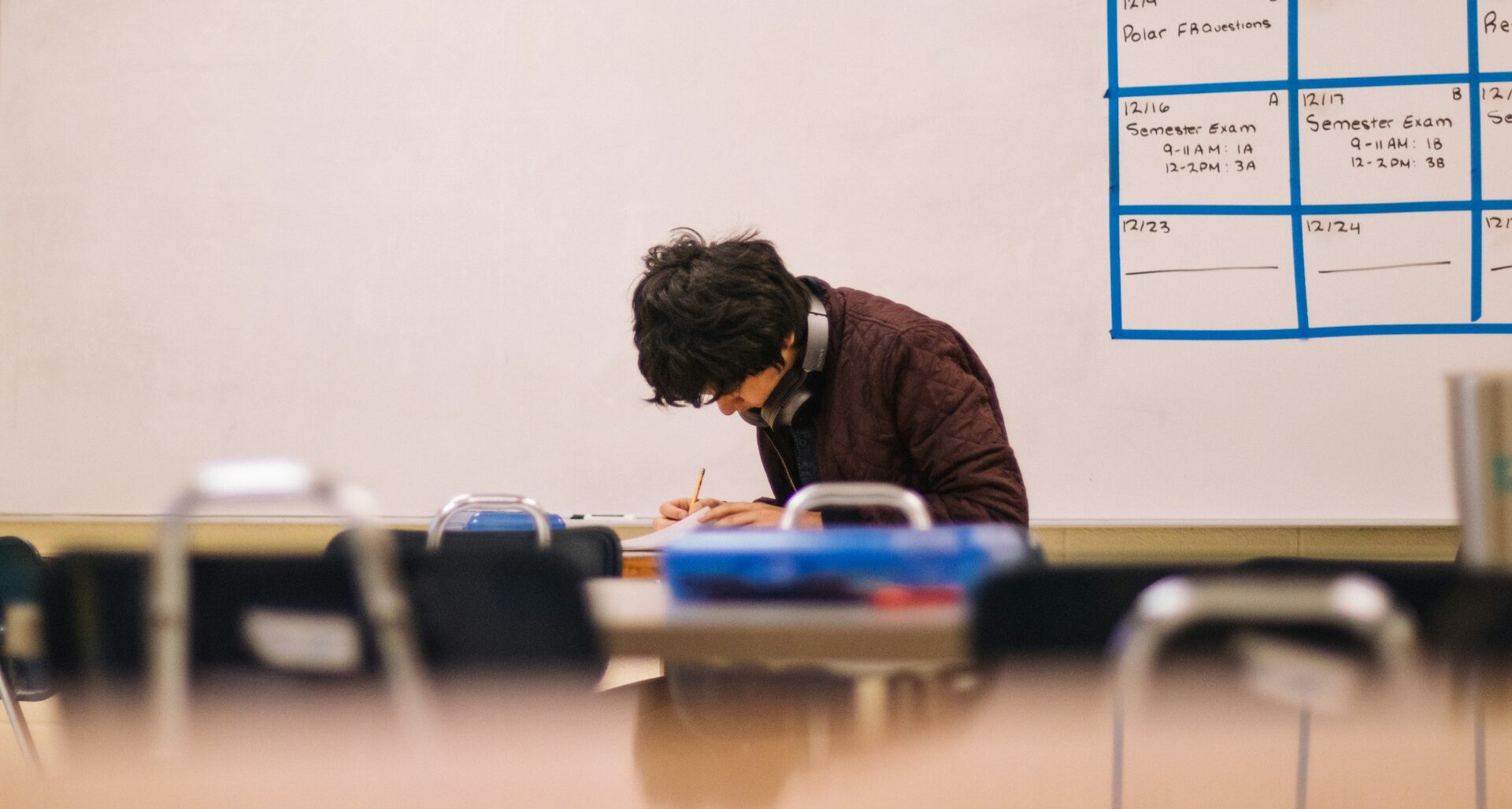As an early career teacher (ECT), it can be a struggle to figure out how to achieve a healthy work-life balance. Many ECTs start working in education as they want to make an impact on children and their learning. However, they can sometimes face expectations that are difficult to live up to.
In their Teacher Wellbeing Index, Education Support found that 70% of teachers and education staff suffered from poor mental health due to excessive workload.
One of the difficulties in finding a work-life balance is that life as a teacher constantly changes, as does the pressure at work. The key is to have strategies and techniques ready to use when needed. Finding the sweet spot between achievement and work-life balance can help teachers build a happy and healthy career in education. Read our guide on how to look after your well-being as a new teacher.










